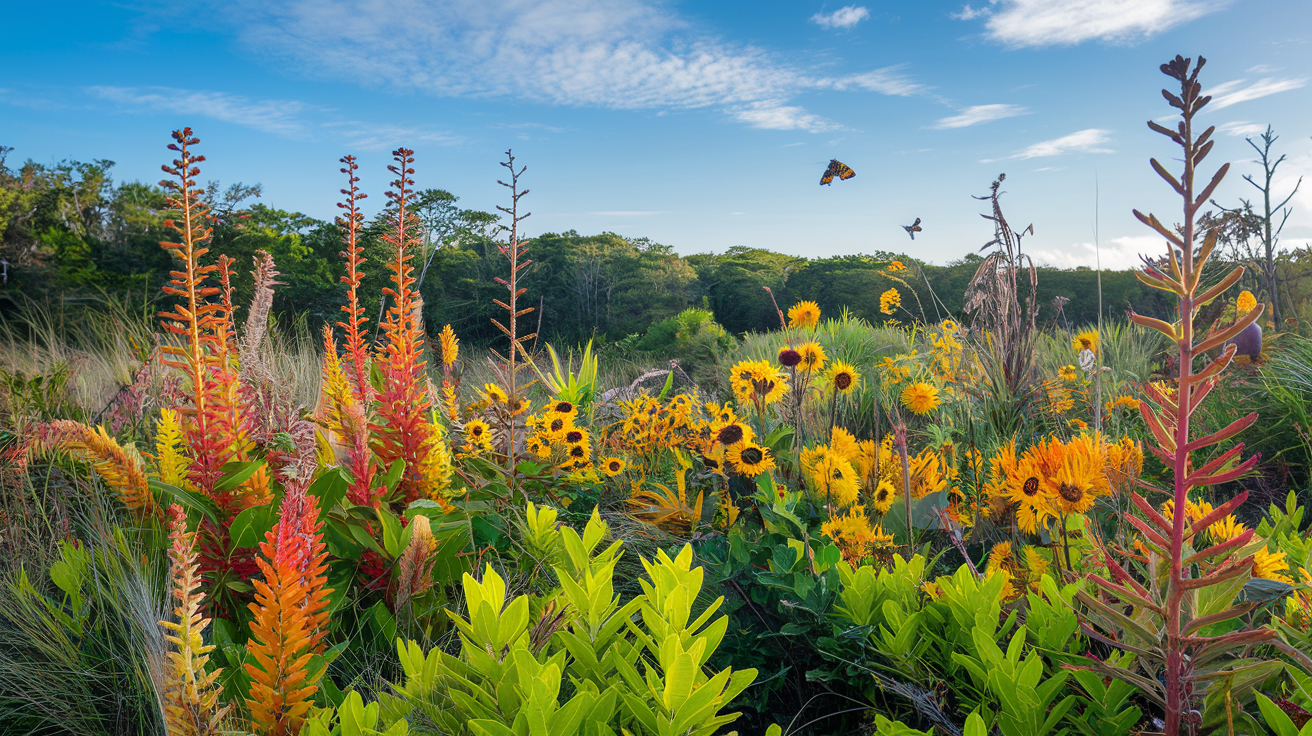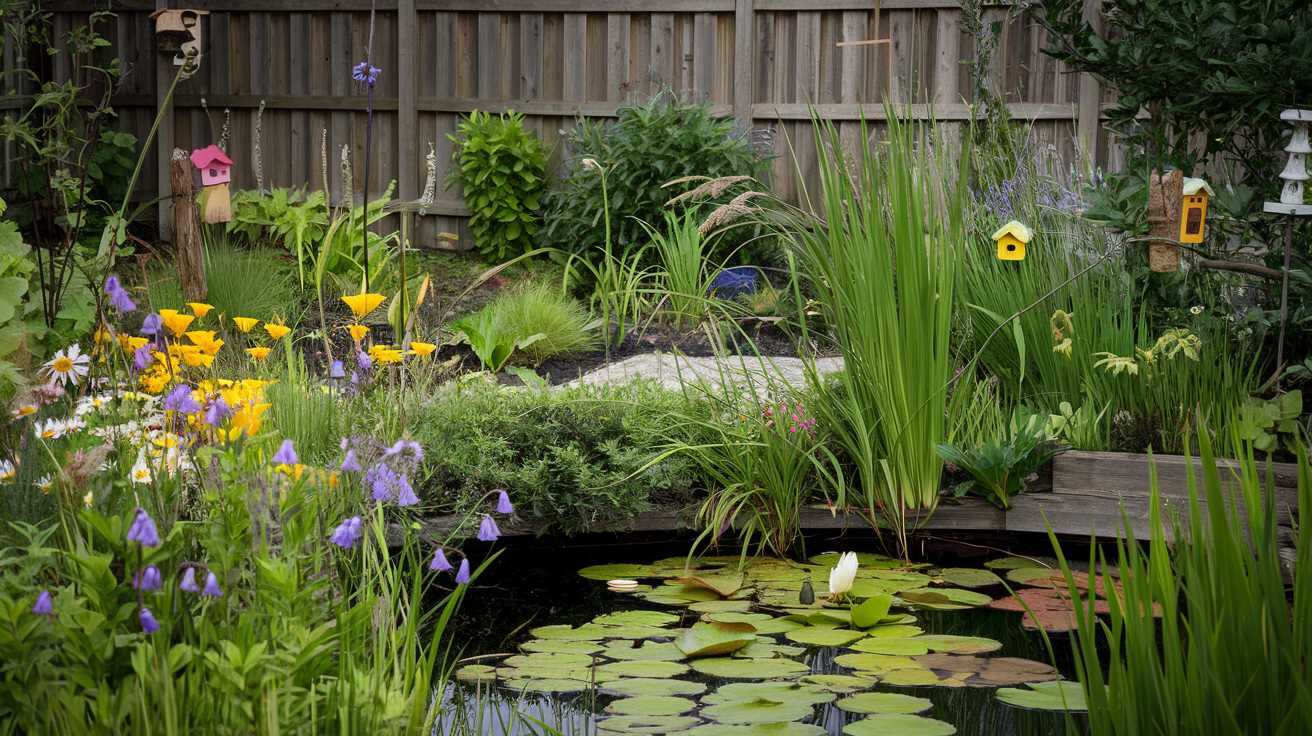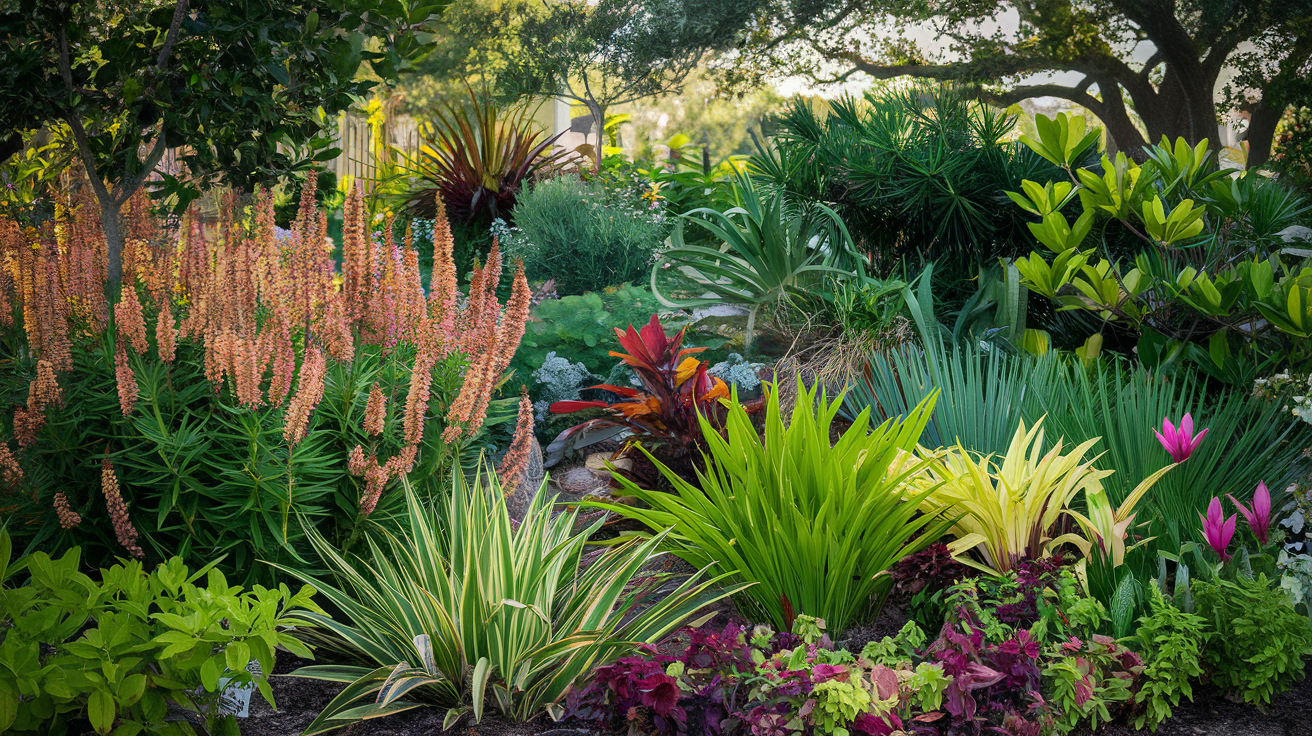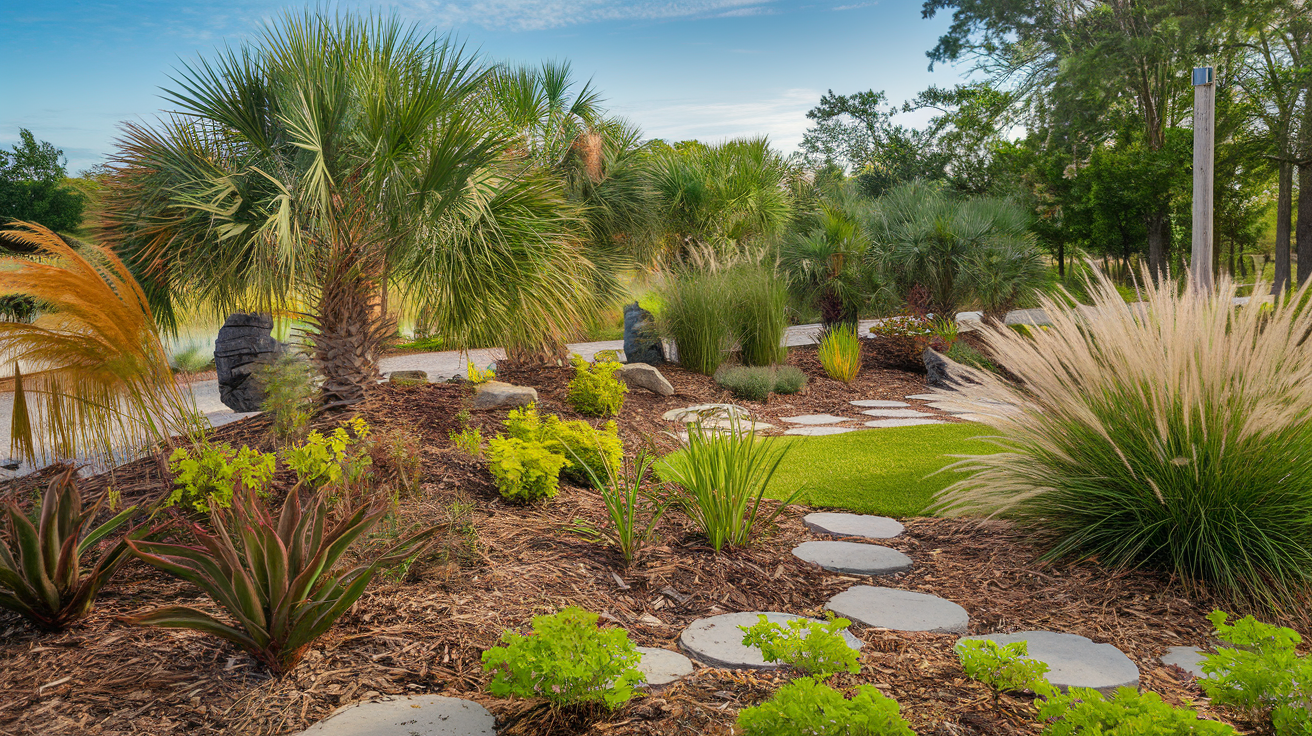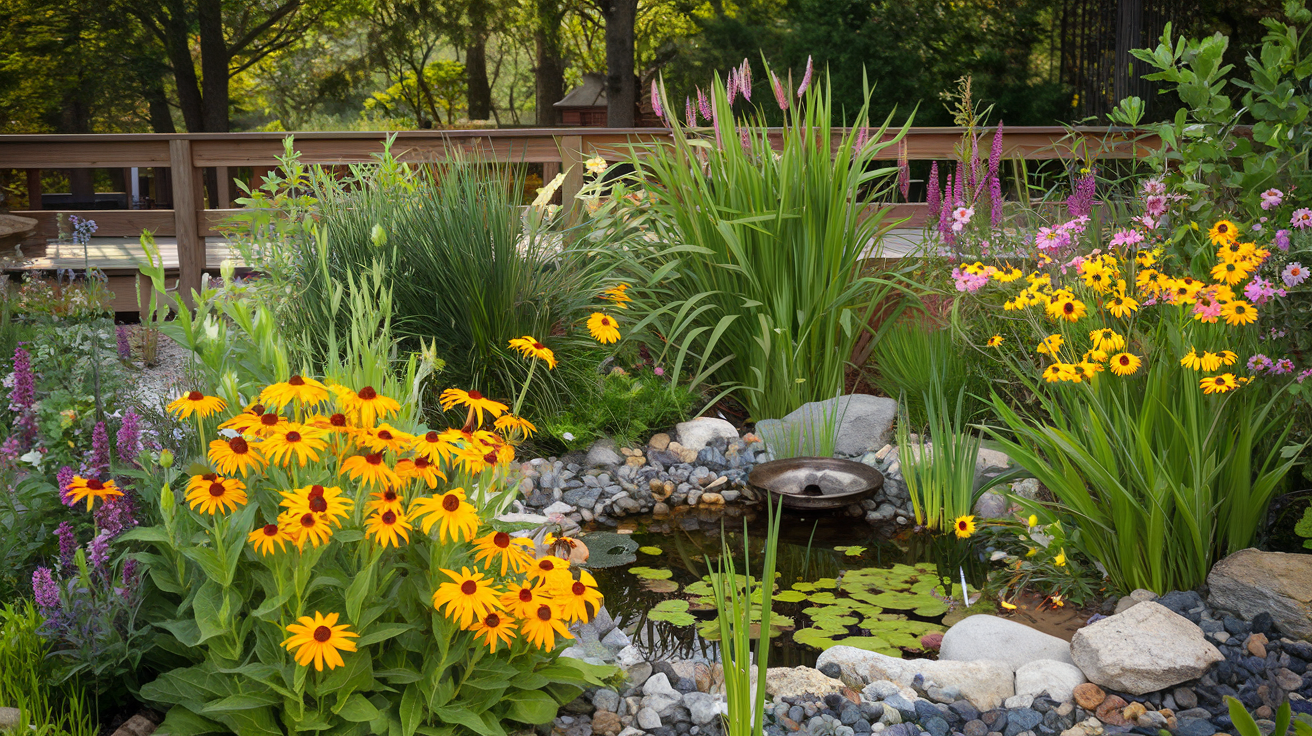The Role of Pollinators: How to Attract Bees, Butterflies, and Birds
The role of pollinators in our ecosystem is crucial, yet often overlooked. These tiny creatures, including bees, butterflies, and birds, are responsible for the reproduction of many plants, which in turn supports our food supply and biodiversity. Understanding how to attract these pollinators to your garden can create a vibrant and thriving environment, benefiting both nature and your outdoor space.
Why Pollinators Matter
Pollinators play a vital role in maintaining healthy ecosystems. Here are some key reasons why they are essential:
- Food Production: Many fruits, vegetables, and nuts depend on pollinators for their growth. Without them, our food supply would be severely diminished, leading to higher prices and less variety in our diets.
- Biodiversity: Pollinators help maintain the diversity of plant species, which supports various wildlife. A diverse ecosystem is more resilient and can better withstand environmental changes.
- Economic Impact: The agricultural industry relies heavily on pollinators, contributing billions to the economy. Their work is essential for the production of crops that feed millions of people worldwide.
Creating a Pollinator-Friendly Garden
Attracting bees, butterflies, and birds to your garden requires thoughtful planning and execution. Here are some effective strategies to create a welcoming habitat:
1. Choose Native Plants
Native plants are adapted to your local environment and are more likely to attract local pollinators. Consider incorporating:
- Wildflowers that bloom at different times of the year to provide continuous food sources.
- Flowering shrubs that offer shelter and food for various pollinators.
- Herbs like lavender and mint, which not only attract pollinators but can also be used in your kitchen.
2. Provide Food Sources
Ensure your garden has a variety of flowering plants that bloom at different times throughout the year. This will provide a continuous food source for pollinators. Some great options include:
- Sunflowers, which are not only beautiful but also attract a wide range of pollinators.
- Echinacea, known for its medicinal properties and ability to attract butterflies.
- Butterfly bush, which is a magnet for butterflies and hummingbirds alike.
3. Create Shelter and Nesting Sites
Pollinators need safe spaces to rest and nest. You can enhance your garden by:
- Leaving some areas of your garden wild to provide natural habitats.
- Adding bee hotels for solitary bees, which are essential for pollination.
- Planting dense shrubs that offer shelter for birds and other wildlife.
Water Sources for Pollinators
Just like all living creatures, pollinators need water. Here’s how to provide it:
- Install a shallow birdbath with stones for landing, making it easy for birds to drink.
- Use a small fountain to create moving water, which attracts birds and provides a refreshing drink.
- Place shallow dishes filled with water and pebbles for bees and butterflies, ensuring they have access to hydration.
Reducing Pesticide Use
Pesticides can be harmful to pollinators. To protect them, consider these alternatives:
- Use organic pest control methods that are less harmful to beneficial insects.
- Encourage beneficial insects that prey on pests, creating a natural balance in your garden.
- Apply pesticides in the evening when pollinators are less active to minimize their exposure.
Engaging Your Community
Encouraging others to create pollinator-friendly spaces can amplify your efforts. Here are some ideas to inspire community involvement:
- Host workshops on pollinator gardening to educate others about the importance of these creatures.
- Start a community garden focused on native plants, fostering collaboration and shared learning.
- Share your successes on social media to inspire others and raise awareness about pollinator conservation.
By understanding the role of pollinators and implementing these strategies, you can create a welcoming environment for bees, butterflies, and birds. Not only will your garden flourish, but you will also contribute to the health of our planet, ensuring that future generations can enjoy the beauty and benefits of a diverse ecosystem.






